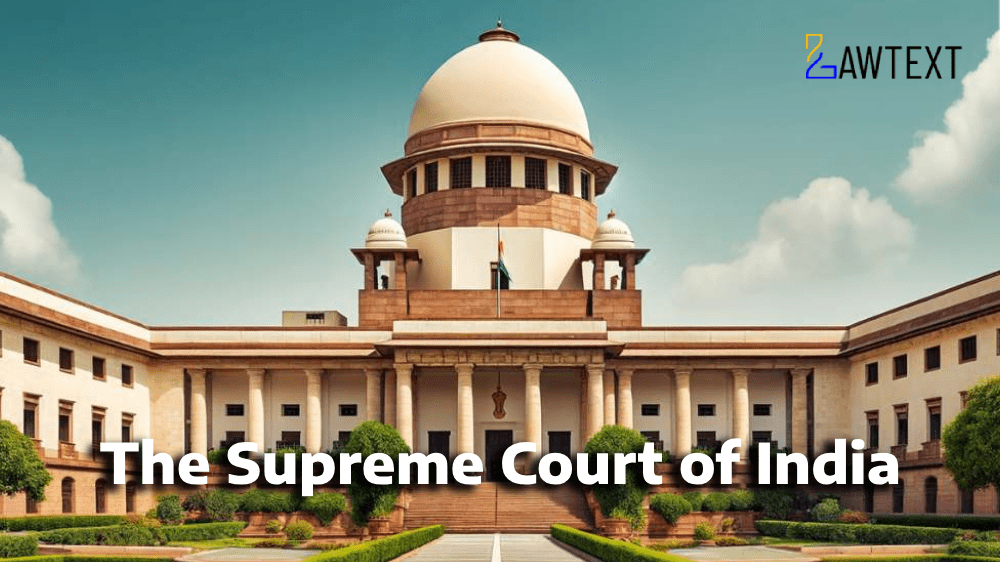Case Note & Summary
The Supreme Court of India overturned judgments by the Special Court relating to recoveries from the appellants (Suman L. Shah and Laxmichand Shah) as alleged debtors of benami companies linked to Pallav Sheth. The Court held that the Special Court erred by shifting the burden of proof to the appellants, requiring them to establish that loans taken from benami companies were repaid. The Supreme Court emphasized that the primary burden rested on the Custodian to prove that the loans remained unpaid, a burden the Custodian failed to discharge. The decision highlights procedural adherence to the Indian Evidence Act and affirms that appellants cannot be held liable without concrete evidence of outstanding dues.
1. Background (Paras 1-5):The appeals arise from orders passed by the Special Court under the Special Court (Trial of Offences Relating to Transactions in Securities) Act, 1992. The Act was created to handle irregularities in securities transactions involving brokers and banks. The appellants borrowed funds from entities alleged to be benami companies of a defaulter, Pallav Sheth, involved in fraudulent securities transactions.
2. Transactions (Paras 11-14):Suman L. Shah borrowed Rs. 50 lakhs, and Laxmichand Shah borrowed Rs. 25 lakhs from benami companies linked to Pallav Sheth in 1996-1997. The Custodian sought recovery from them, alleging these were unpaid loans related to the securities fraud.
3. Special Court's Order (Paras 14-17):The Special Court ordered the appellants to repay the borrowed amounts with interest. The court concluded that the amounts remained unpaid despite the appellants' claim of partial repayment through cheques and materials supplied. The appellants were directed to pay within two months.
4. Supreme Court's Intervention (Paras 21-23):The appellants contended that the loans were repaid before Pallav Sheth was notified as a defaulter. They argued that the Custodian failed to present adequate evidence, including tax department communications, to prove outstanding amounts. The appellants questioned why the burden of proof had been shifted onto them.
5. Legal Provisions (Paras 33-36):The case invoked key provisions under the Special Court Act, including Sections 3 and 9A, dealing with the attachment of properties and recovery of dues from entities involved in securities fraud. The Court clarified that liability under the Act could only extend to notified individuals and their properties after formal notification, which occurred in October 2001 for Pallav Sheth, long after the transactions.
6. Court's Findings (Paras 36-39):The Supreme Court held that the Custodian did not produce sufficient evidence, such as the purported letter from the Income Tax Department, to establish that the loans were unpaid. The burden of proof should not have been placed on the appellants, especially after a significant lapse of time (over a decade). The appellants' inability to produce old records could not justify adverse inferences.
7. Conclusion (Paras 40-43):The judgments of the Special Court were quashed. The amounts deposited by the appellants per earlier orders were to be returned, and the appeals were allowed.
Acts and Sections Discussed: Special Court (Trial of Offences Relating to Transactions in Securities) Act, 1992: Section 3(2): Empowering the Custodian to notify individuals involved in securities fraud. Section 3(3): Automatic attachment of properties belonging to notified individuals. Section 9A: Special Court’s jurisdiction in civil matters involving attached properties. Indian Evidence Act, 1872: Section 101: Onus of proof lies on the party making an assertion. Section 102: The burden of proof shifts only when the primary burden is discharged. Ratio Decidendi:The Supreme Court ruled that shifting the burden of proof to the appellants in a case where there was no sufficient primary evidence of outstanding dues was an error. The Custodian, as the claimant, must first establish non-payment with concrete evidence before expecting the appellants to disprove the claims. The Court reaffirmed the procedural requirement of maintaining the burden of proof with the plaintiff (Custodian) as per the Indian Evidence Act.
Issue of Consideration: SUMAN L. SHAH VERSUS THE CUSTODIAN & ORS.
Premium Content
The Issue of Consideration is only available to subscribed members.
Subscribe Now to access critical case issues





